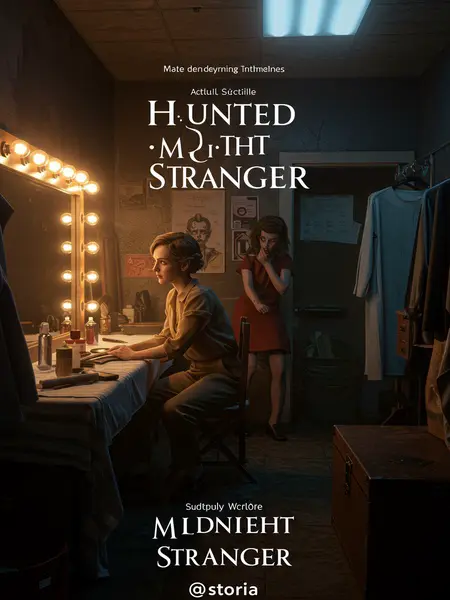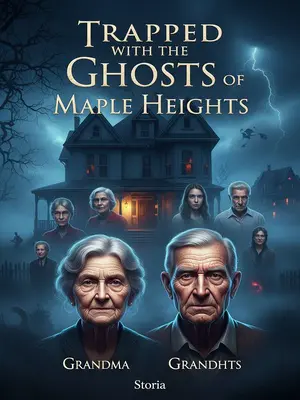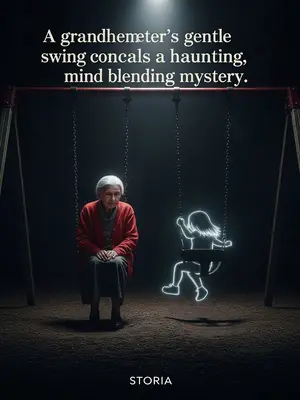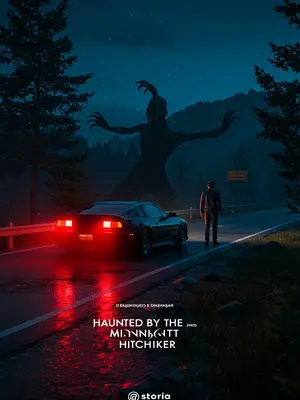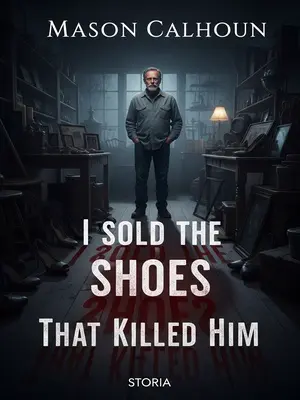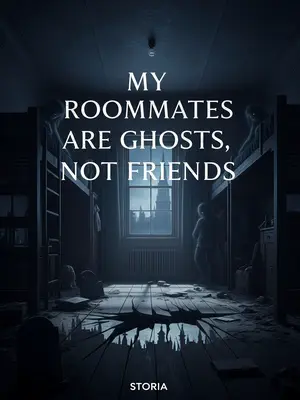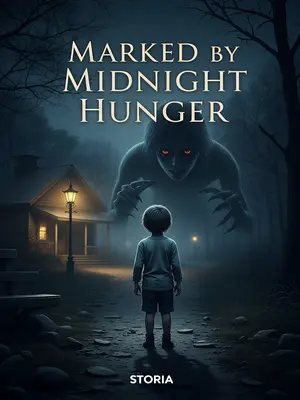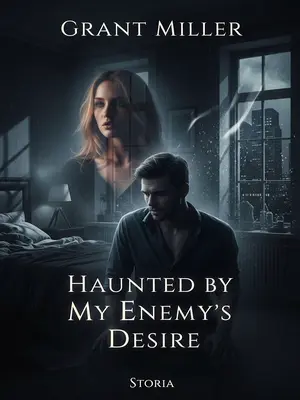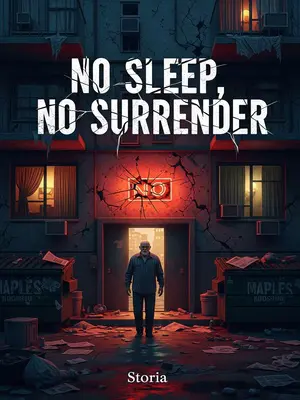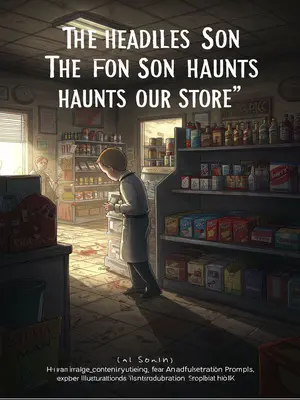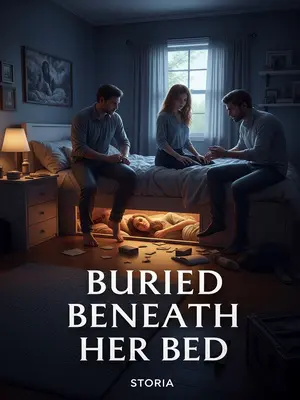Chapter 2: The Haunted Theater on Maple Lane
Now, the 1956 "Song at Midnight" incident:
After the war, Chicago’s theater scene was as lively as Wrigley Field on opening day. Companies sprang up everywhere—Opera Troupe No. 1, No. 2, No. 3, and the Lakeview Opera Troupe, each with their own style. On the South Side, the air was thick with laughter and arias, the smell of greasepaint mixing with cigarette smoke and city grit.
Eventually, these groups merged into the Chicago Opera Company, but in the ’50s, most still went their own way. The event that matters happened to one of these four troupes.
One of them started recruiting from all over, growing so fast they ran out of space. The troupe had to plead with City Hall for more housing for the new arrivals.
Chicago was a magnet for performers from every corner of America. Soon, the troupe’s old brownstone was overflowing—people crashed on couches, cots wedged between costume racks. Finally, someone called the city and begged for a bigger place.
Back then, South State Street was Chicago’s theater row—block after block of venues, some with peeling Art Deco marquees, others with velvet curtains faded to blood red. The cultural department, used to paperwork more than hauntings, handed over keys to a dusty old theater near Maple Lane, told the troupe to clean it up, and washed their hands of it.
Maple Lane’s changed a lot since then, but ask an old-timer and they’ll tell you: beneath the new storefronts, the bones of the theater still linger. The neighborhood was always a crossroads of glitz and grit, dreams and disappointment mingling after dark.
So the newcomers moved in, dragging trunks and dreams behind them.
The move was a Broadway number come to life: trunks banging, directions shouted, someone pounding out show tunes on a busted piano in the lobby. Spirits ran high, jokes bounced off the walls, and for a moment, it felt like anything could happen.
The new place delighted them—not just the location, but the size. A real stage up front, a garden and a pond out back. The water in the pond was stagnant, but in the Midwest, even a muddy pool was a rare treat—a touch of magic.
Out back, the garden was wild and overgrown, the pond more a muddy puddle than a mirror. For kids raised on city blocks, it was something out of a fairy tale. Folks joked about swimming there in July, though no one ever did. Maybe because the water always seemed a little too still, a little too cold—even in August.
Soon, life settled into a routine of rehearsals and laughter.
Rehearsals filled the halls with music and banter. Someone strung up lights in the dressing rooms. Someone else set up a battered coffee pot, and soon the building smelled like burnt beans and hope.
But nobody told the newcomers that the theater had long been known in the neighborhood as a haunted house. At night, strange singing sometimes drifted from the garden stage. The neighbors were used to it—old hands who shrugged it off as just another quirk of the block.
Local kids dared each other to sneak up to the fence after dark, hoping to spot the "ghost singer." Adults laughed it off, but every now and then, a streetlight would flicker, and the old folks would mutter a prayer just to be safe. No one warned the troupe. They figured City Hall would never believe them anyway.
The new members were clueless. Maybe a few city workers had heard the rumors, but as government men, who could believe in such nonsense?
Officially, nobody believed in ghosts. Off the record, a couple of old city workers always checked that the doors were locked before leaving at night.
The incident happened on their third night in the new place.
That night, every member of the troupe had the same dream: someone sang a soprano aria on the garden stage. The voice was pure and powerful, every word etched in silver—a master’s voice.
The dream haunted them for days, the melody clinging to their minds like the smell of rain after a storm. Later, investigators would try to piece the song together from their half-remembered fragments.
At the time, though, nobody thought much of it. They shrugged it off as nerves or coincidence.
It wasn’t until much later, when their stories matched up too perfectly, that the truth began to feel dangerous.
